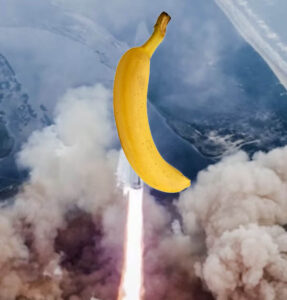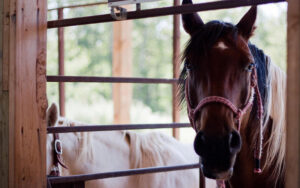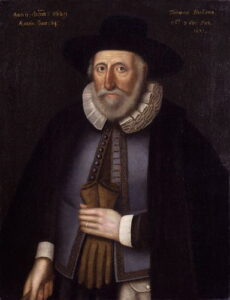 Professor Joe Hoyle in our Business School, a frequent nominator of words here, writes “I was reading today’s Washington Post and came across this sentence, ‘The reason Elon Musk frequently escapes account from other judges is because they don’t see through his phantabulating?’ I turned to my wife once I read, “phantabulating” and said, ‘That sounds like a Joe Essid word.’ Which mystified my wife.” You can read the Post story here, about a ruling against Musk in a Delaware court.
Professor Joe Hoyle in our Business School, a frequent nominator of words here, writes “I was reading today’s Washington Post and came across this sentence, ‘The reason Elon Musk frequently escapes account from other judges is because they don’t see through his phantabulating?’ I turned to my wife once I read, “phantabulating” and said, ‘That sounds like a Joe Essid word.’ Which mystified my wife.” You can read the Post story here, about a ruling against Musk in a Delaware court.
Joe, I don’t use “phantabulating” but I like that word a great deal.
Let’s stop mystifying your wife about our word. An abstract from a medical publication notes that “Phantabulation is characterized by frequent and purposeful interactions with contextually appropriate imagined objects. We suggest that this phenomenon results from confusion between real and imagined objects.”
That definition seems to vary from hallucination. If I see a banana on the countertop when no banana is present, I have hallucinated. If, however, I see a banana where a tomato sits on the counter, yes, we have no banana but I have phantabulated.
Some of you have may have read Oliver Sacks’ excellent book, The Man Who Mistook His Wife for a Hat. It has been a few years, but the title itself suggests phantabulating, though a bit of re-reading reveals something very different. I recall that the patient Sacks describes, Dr. P., grabs his spouse’s head for a moment, confusing her for his nearby hat. Technically, however, as the Wikipedia entry for the book notes, Sacks’ patient “has visual agnosia. He perceives separate features of objects, but cannot correctly identify them or the whole objects that they are part of.”
Now back to Elon Musk. He recently announced that SpaceX’s Starship reusable rocket would be enlarged and updated for missions to the stars. Not Mars, 49 millions miles from us (give or take) but, say, to our nearest stellar neighbor, Proxima Centauri. I found in Brittanica Online that the star-system lies “4.24 light-years away. A light-year is 9.44 trillion km, or 5.88 trillion miles. That is an incredibly large distance. Walking to Proxima Centauri would take 950 million years.”
Wear your best hiking boots and pack a good lunch.
Humans have difficulty with such speeds and distances, but imagine traveling 30,000 km each second, or 1/10 the speed of light. We’d reach the Moon in 13 seconds from Earth. In four decades, we’d arrive at Proxima.
Mr. Musk has a gift not simply for overstatement but also a remarkable ability to project his vision on technology that does not yet exist, though it’s contextually relevant. Looking at his current interplanetary tomato called Starship, Mr. Musk envisions a future interstellar banana Starship.
So I’d not buy a ticket on a SpaceX interstellar vacation, if I were you. Elon is phantabulating again.
If you have a word or metaphor you enjoy, send them by e-mail (jessid -at- richmond -dot- edu) or by leaving a comment below.
See all of our Metaphors of the Month here and Words of the Week here.
Image: Phantabulated from here and there.

